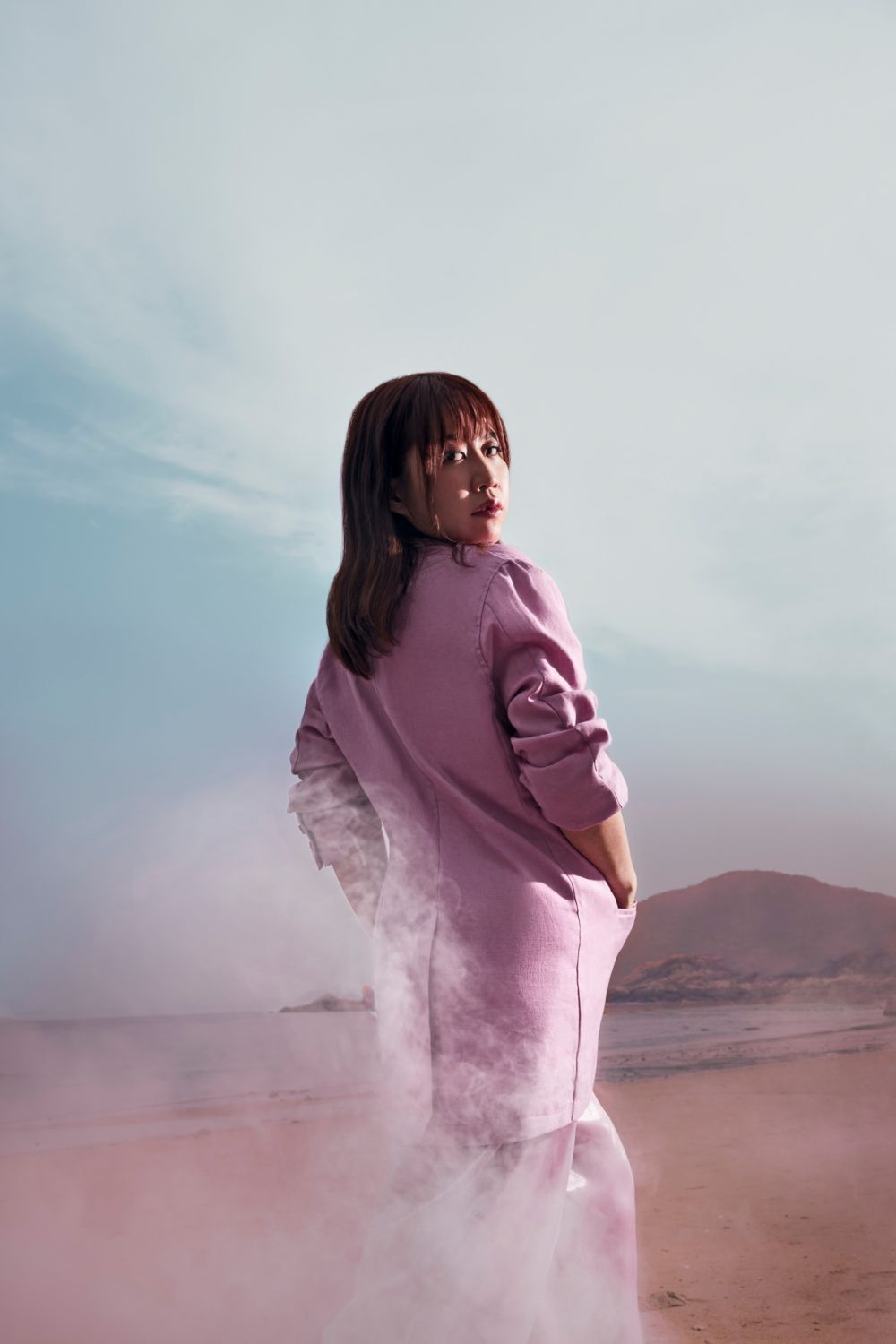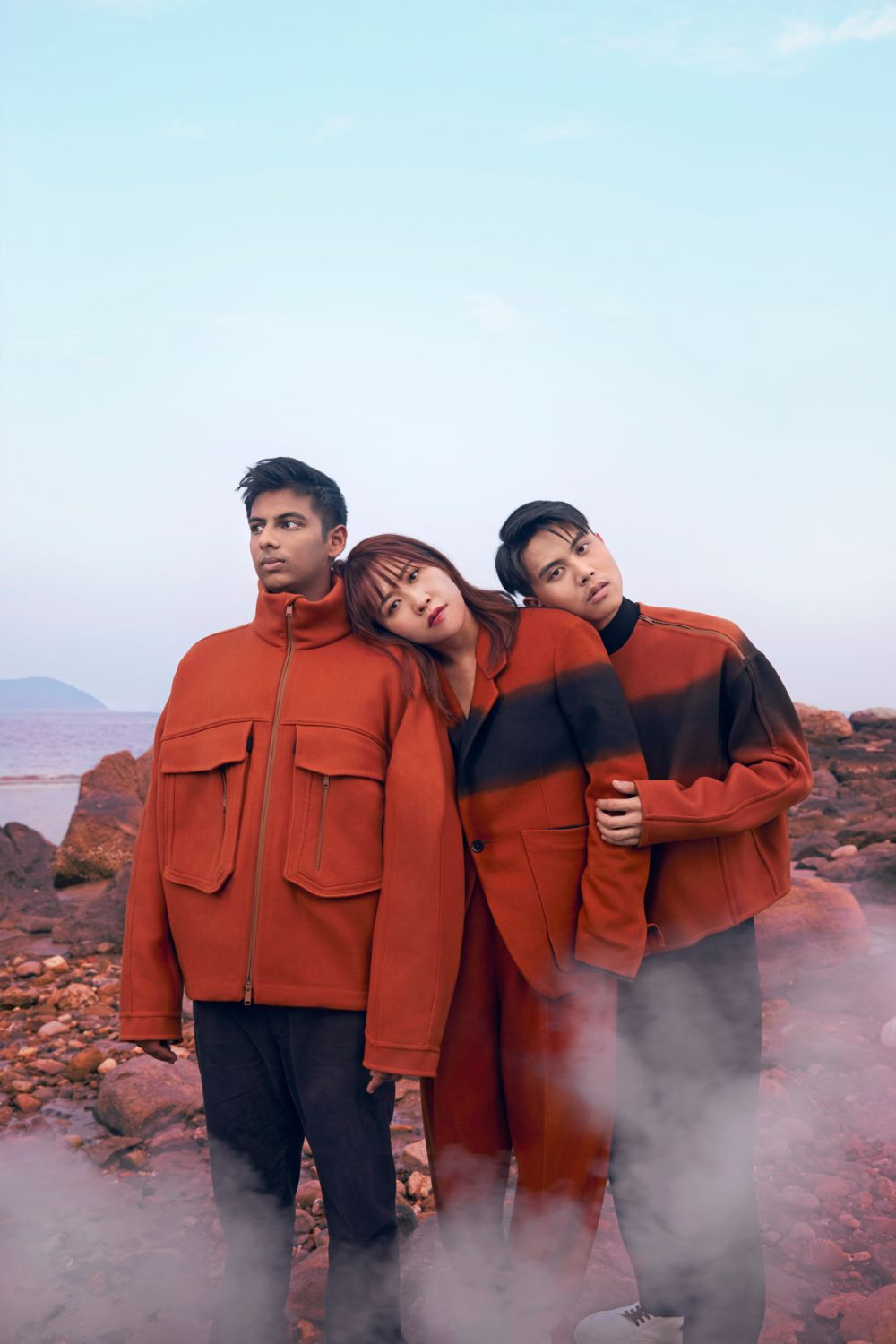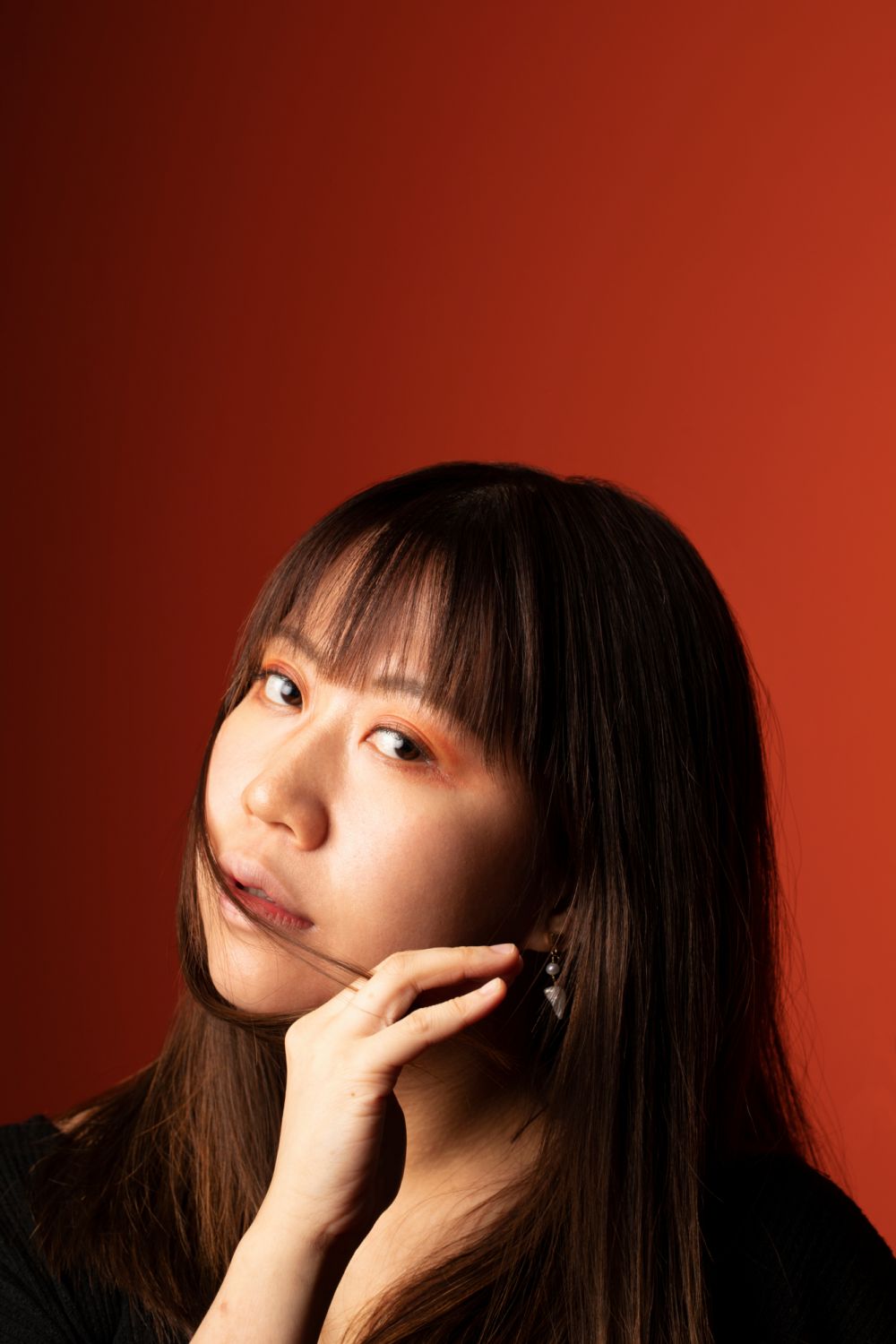Disturbed by the toxic ingredients in cosmetics that were harming humans and the environment, Olivia Chan started an app to demystify labels and promote greener beauty
In 2018, Hawaii became the first place in the world to ban over-the-counter sunscreens containing oxybenzone and octinoxate, two chemicals proven to be harmful to marine life, particularly coral. Hong Kong is yet to follow suit, but one AI-driven startup is helping demystify products to help buyers make more informed choices.
In case you missed: This Robotics Start-Up Is Cleaning Up the Oceans
A former beauty editor, Olivia Chan has first-hand experience of how the cosmetics industry obfuscates ingredients which can be harmful or misleads consumers on the efficacy or potential dangers of the chemicals inside products. This led her to launch BeautyFact, an app that allows users to scan products or search for specific ingredients to check for any warnings, be they environmental or health-related, share reviews with others and learn more about greener brands, powered by machine-learning technology that links and suggests common ingredients.
Read more: Robotics Trailblazer Jane Wang on Creating Wearable Robotic Solutions for Rehabilitation
“[As a beauty editor], I would receive tonnes of beauty and skincare products and try new things every day. My skin was already sensitive but it became a disaster during that time because even luxury products can use toxic ingredients. My skin got so bad that I had to visit the doctor,” Chan says. “You don’t have to have sensitive skin for those ingredients to be harming your health, but people don’t know about it.”
Chan was one of three Gen.T honourees to appear on the cover of Tatler’s October issue, which celebrated the Hong Kong entrepreneurs who are using technology for sustainable purposes.


